By Swill Mavua
The relationship between the Igbo people and the Nigerian state has been complex and often contentious. Historically, the Igbo have played a significant role in Nigeria’s economic and cultural landscape, yet they have also faced numerous challenges and marginalization. One of the most enduring issues is the perception of a glass ceiling that prevents Igbos from reaching their full potential in various spheres of Nigerian life.
The glass ceiling against Igbos in Nigeria is rooted in the country’s historical and political dynamics. Since Nigeria’s independence in 1960, there have been various factors that have contributed to the marginalization of the Igbo people. These include the Biafran Civil War, which lasted from 1967 to 1970, and the subsequent policies and attitudes that have perpetuated a sense of exclusion and discrimination.
The term, “Glass Ceiling Against the Igbos,” was first brought into public awareness by no other person than former President Olusegun Obasanjo, over what he perceived as exclusion of the Igbo from key political appointments and public policy decisions making processes. True to his assertion, the immediate past administration of Muhammadu Buhari openly discriminated against the Igbos in utterances, appointments and infrastructure development. Came Bola Ahmed Tinubu, and the trend continues, if not on a wider scale. The recent bypassing of DCG B.U. Nwafor’s appointment as the substantive Comptroller-General of the Customs is a case in hand.
Economically, Igbos have also faced significant challenges in Nigeria. Despite their entrepreneurial spirit and business acumen, they often encounter obstacles in accessing opportunities and resources. Many Igbos have had to rely on their own initiative and resilience to succeed, often in the face of systemic barriers. This has led to a thriving informal economy, but it also underscores the difficulties faced by Igbos in accessing formal sector opportunities.
Politically, Igbos have also faced marginalization. The Nigerian political landscape has been dominated by other ethnic groups, and Igbos have often found themselves excluded from key positions of power and influence. This has limited their ability to shape policy and drive change that benefits their community.
Social and cultural factors have also played a role in the glass ceiling against Igbos. Stereotypes and prejudices have contributed to a lack of trust and understanding between Igbos and other ethnic groups. This has made it difficult for Igbos to break through the glass ceiling and achieve their full potential.
The glass ceiling against Igbos in Nigeria is a complex issue that requires a multifaceted approach to address. It involves recognizing the historical and systemic factors that have contributed to this phenomenon and working towards greater inclusion and equity. By acknowledging the challenges faced by Igbos and other marginalized groups, Nigeria can take steps towards building a more just and equitable society.
Ultimately, breaking the glass ceiling will require a concerted effort from all stakeholders, including government, civil society, and the private sector. By working together, Nigeria can create a more inclusive environment where all citizens, regardless of their ethnic background, can thrive and contribute to the country’s development.


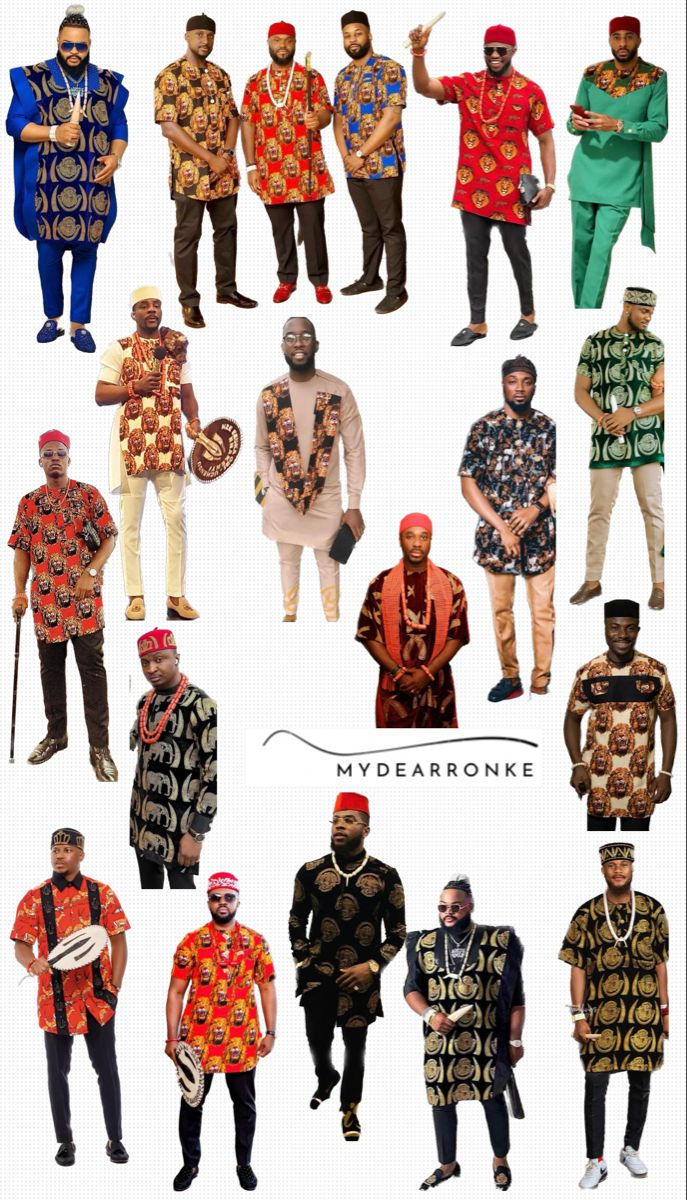



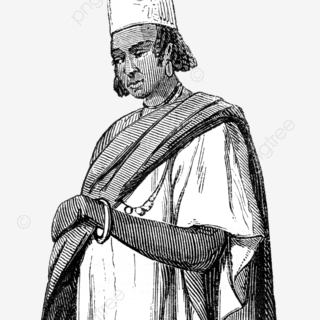



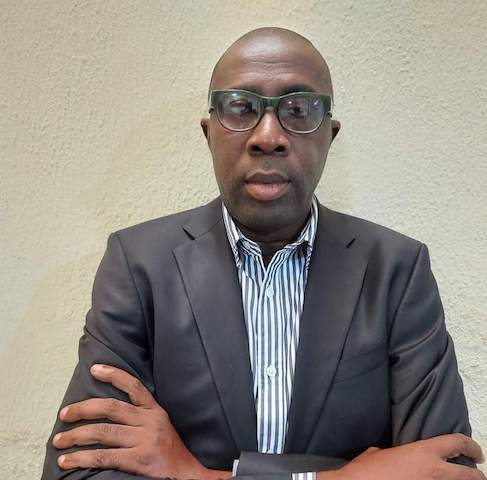


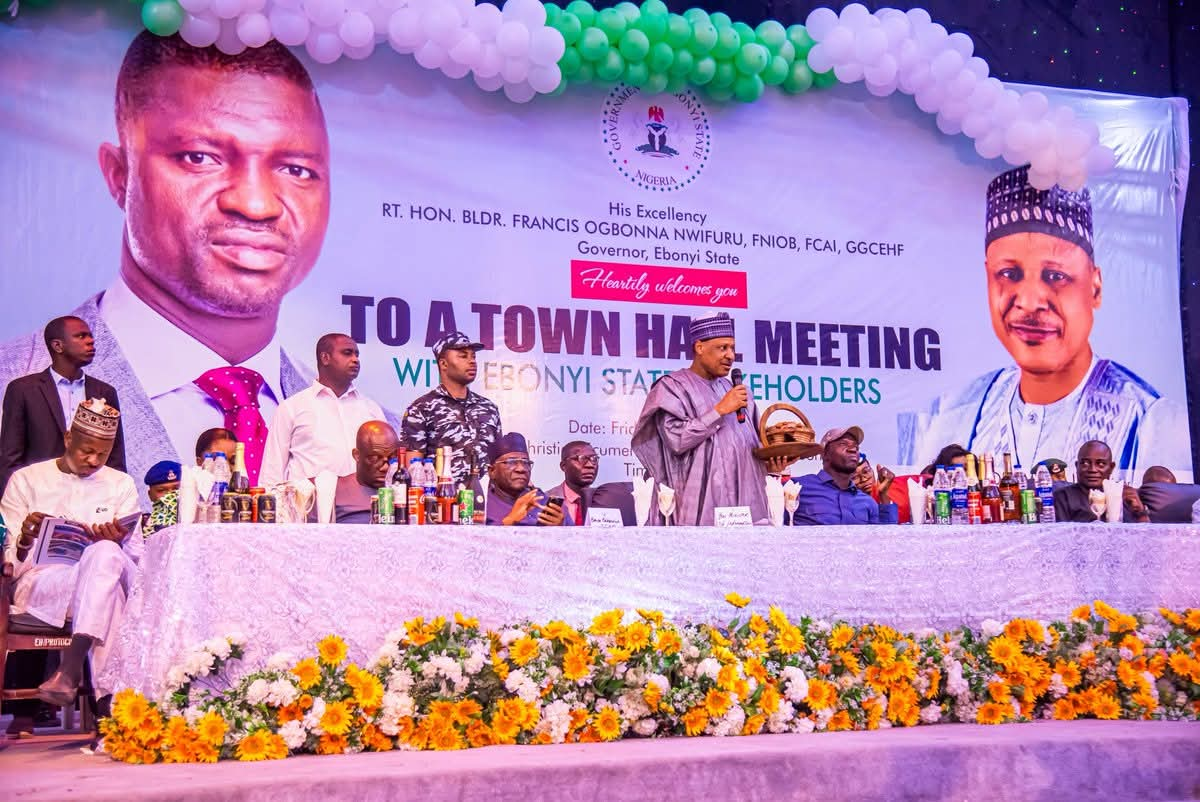
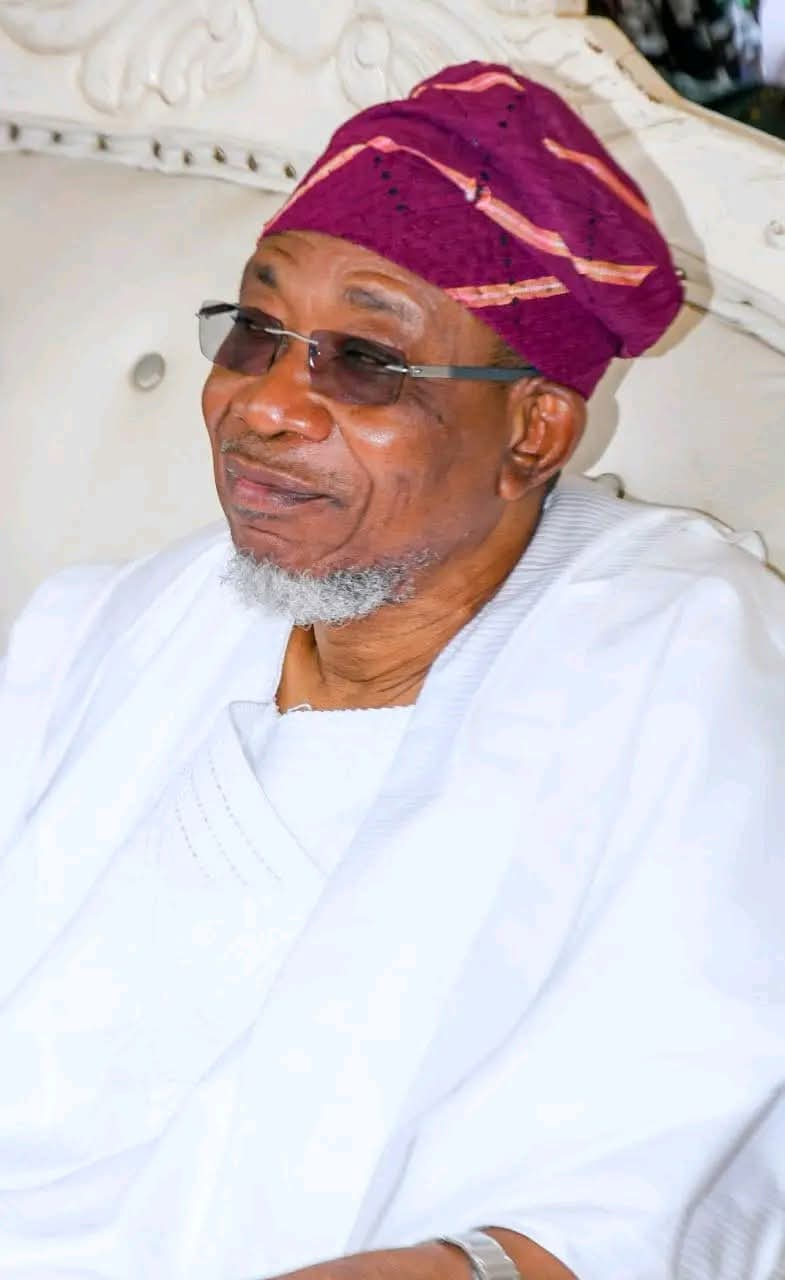
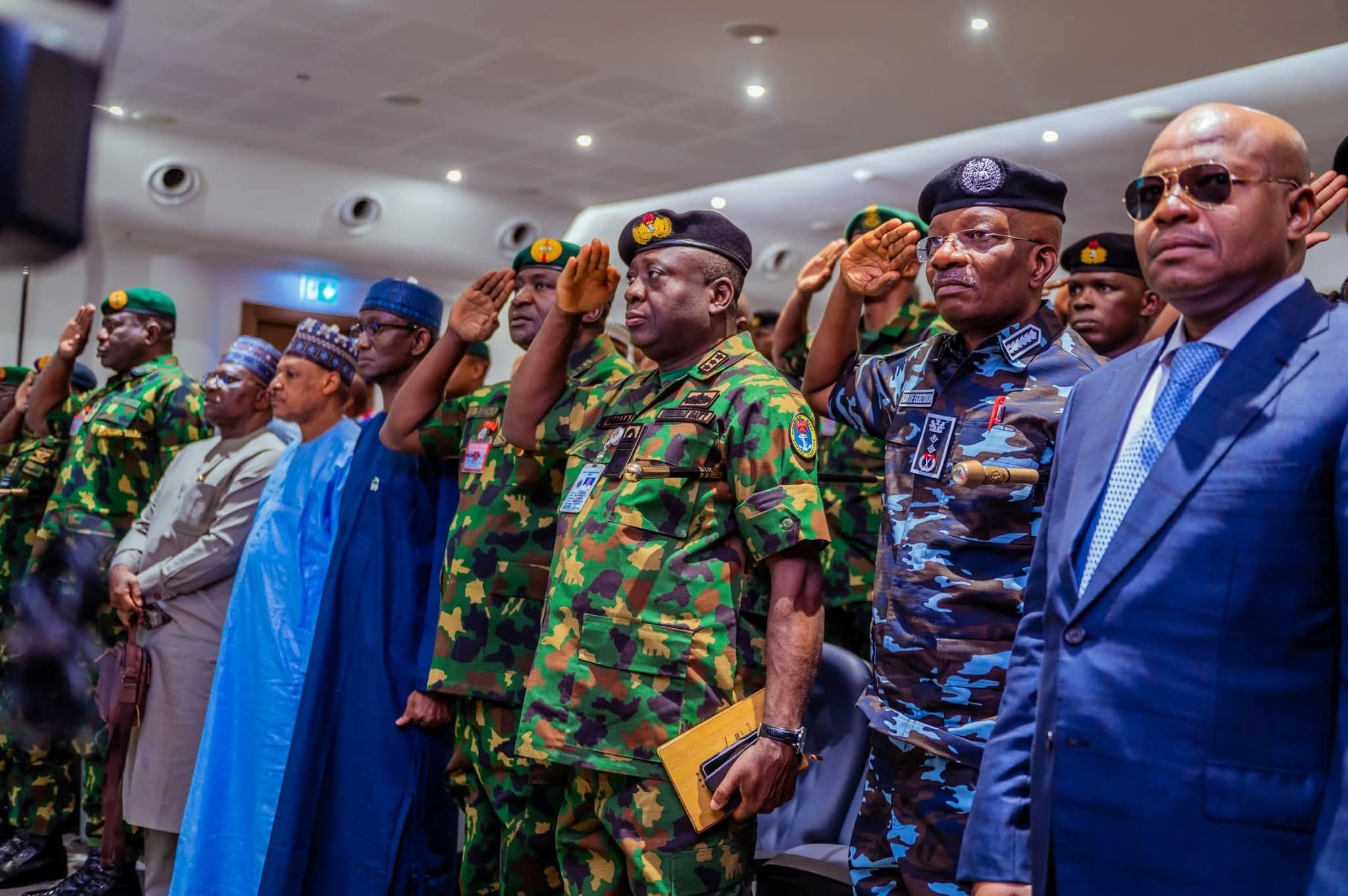
Leave a Reply